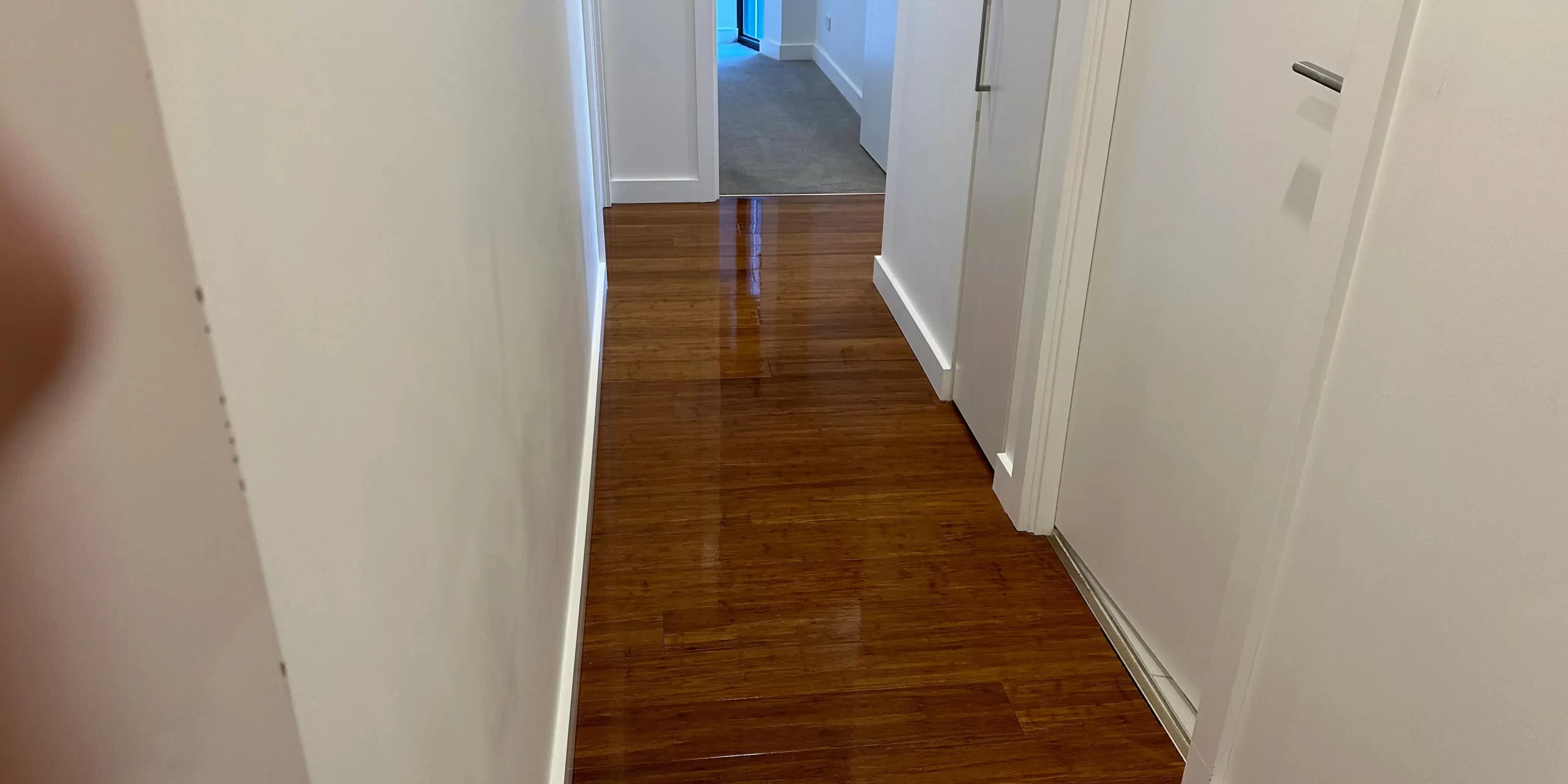End-of-lease cleaning, also known as vacate cleaning or bond cleaning, is a vital aspect of the rental process. It ensures that properties are returned to their original condition, enabling tenants to reclaim their security deposits and making the property ready for the next occupants. Property managers play an essential role in this process, acting as intermediaries between tenants and landlords to ensure that cleaning standards are met across various property types, including apartments, houses, and townhouses.
Understanding End of Lease Cleaning
Before delving into the role of property managers, it’s essential to understand what end of lease cleaning entails. This comprehensive cleaning process includes the following:
-
-
- General Cleaning: Dusting, vacuuming, and mopping all rooms.
-
- Kitchen Cleaning: Cleaning appliances, countertops, sinks, and cupboards.
-
- Bathroom Cleaning: Scrubbing toilets, showers, bathtubs, and tiles.
-
- Window Cleaning: Both interior and exterior windows.
-
- Carpet Cleaning: Deep cleaning of carpets to remove stains and odours.
- Outdoor Cleaning: Tidying up gardens, patios, and garages.
-
These tasks ensure that the property is in pristine condition, meeting the expectations of landlords and the requirements for bond return.
Property Managers as Facilitators
Property managers act as facilitators in the end of lease cleaning Melbourne process. Their responsibilities include:
-
-
- Providing Clear Guidelines: Property managers provide tenants with detailed checklists outlining the specific cleaning tasks required to meet the property’s standards. These guidelines help tenants understand what is expected, reducing the likelihood of disputes over cleanliness.
-
- Recommending Professional Cleaners: While tenants can choose to clean themselves, property managers often recommend professional cleaning services. These services specialise in end-of-lease cleaning, ensuring that all areas are thoroughly cleaned and meet the required standards. Property managers may have a list of trusted providers, giving tenants peace of mind.
-
- Conducting Inspections: Once the cleaning is complete, property managers conduct a final inspection. They check that all areas have been cleaned to the required standard and that no damage has occurred. This inspection is crucial for determining if the tenant will receive their full bond back.
- Mediating Disputes: If there are disagreements over the cleanliness of the property, property managers mediate between tenants and landlords. They provide an objective assessment based on the initial condition report and the final inspection, helping to resolve disputes amicably.
-
The Role Across Different Property Types
The role of property managers in ensuring end-of-lease cleaning standards can vary depending on the type of property.
Apartments
In apartments, property managers focus on ensuring that communal areas, such as hallways and lobbies, are addressed during the cleaning process. They also pay attention to specific issues like:
-
-
- High-rise challenges: Accessing and cleaning windows in high-rise buildings can be difficult. Property managers ensure that professional cleaners have the necessary equipment and expertise.
- Shared amenities: If the apartment complex has shared amenities like gyms or pools, property managers ensure these areas are cleaned according to the lease agreement.
-
Houses
For houses, property managers oversee both the interior and exterior cleaning. This includes:
-
-
- Gardens and outdoor areas: Property managers ensure that gardens, patios, and garages are cleaned and maintained.
- Larger spaces: Houses often have more rooms and larger spaces, requiring more extensive cleaning. Property managers ensure that all areas, including less obvious ones like attics or basements, are addressed.
-
Townhouses
Townhouses present unique challenges due to their multi-level nature. Property managers focus on:
-
-
- Shared walls and common areas: Ensuring that any shared walls or common areas are cleaned and well-maintained.
- Multi-level cleaning: Managing the cleaning of staircases, multiple bathrooms, and possibly separate living areas on different floors.
-
Ensuring Compliance and Quality
Property managers play a crucial role in ensuring compliance with lease agreements and maintaining high-quality standards. Their responsibilities include:
-
-
- Regular Updates: Keeping up with any changes in local regulations or landlord requirements regarding end-of-lease cleaning.
-
- Quality Assurance: Ensuring that professional cleaners hired by tenants or recommended by the property management company maintain high standards of quality.
- Documentation: Maintaining thorough records of the property’s condition before and after the tenancy. This documentation is essential for resolving any disputes and ensuring transparency.
-
The Benefits for Tenants and Landlords
The involvement of property managers in end of lease cleaning offers numerous benefits for both tenants and landlords.
-
-
- For Tenants: Property managers provide clear guidance, reducing stress and ensuring that tenants know what is expected. This clarity helps tenants focus on meeting the cleaning standards required to reclaim their bond.
- For Landlords: Property managers ensure that the property is cleaned to a high standard, making it ready for new tenants quickly. This reduces vacancy periods and helps maintain the property’s value.
-
Conclusion
End of lease cleaning, or vacate cleaning and bond cleaning, is a critical process in the rental lifecycle. Property managers play an indispensable role in ensuring that cleaning standards are met across various property types. By providing clear guidelines, recommending professional cleaners, conducting thorough inspections, and mediating disputes, property managers help facilitate a smooth transition for tenants and landlords alike. Their involvement ensures that properties are well-maintained, bonds are returned, and new tenants can move into a clean, welcoming home.







